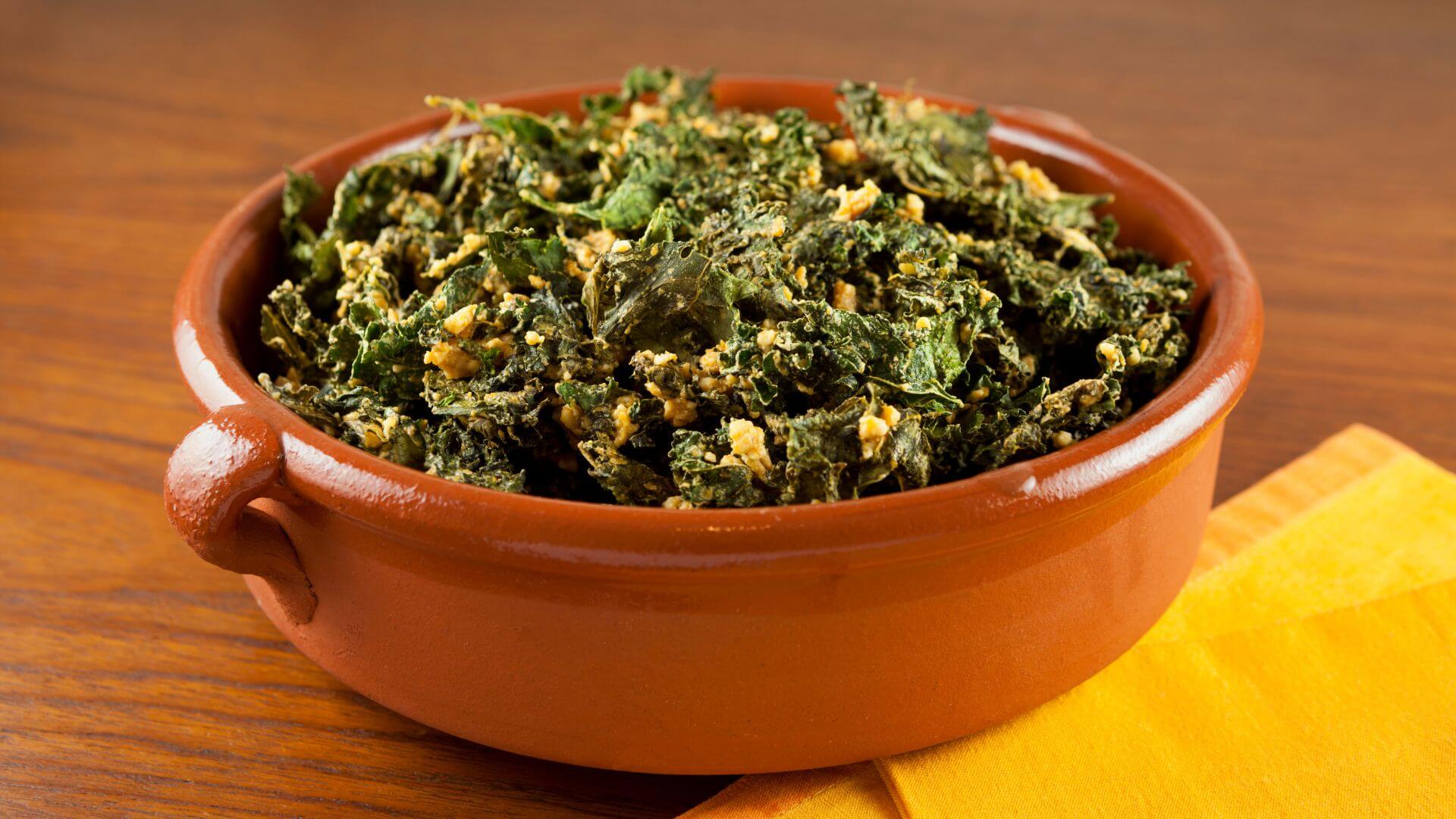Reducing sugar consumption offers numerous health benefits, including improved weight management, better dental health, and enhanced heart health by lowering the risk of heart disease. It also stabilizes blood sugar levels, which is beneficial for individuals with diabetes or pre-diabetes.
Additionally, a lower sugar intake is associated with improved mental health, as it can help stabilize mood swings and reduce the risk of mood disorders. Energy levels tend to become more stable without the highs and lows caused by sugar spikes. Reduced sugar consumption can also lead to healthier skin, a lower risk of certain cancers, and improved digestive health. Overall, cutting back on sugar contributes to a longer, healthier life, supporting overall well-being.
Ways to Reducing Sugar Consumption
Reducing sugar consumption can have significant health benefits. Here are some 12 practical ways to cut down on sugar:

1. Read Labels Carefully
Many packaged foods, even those that don’t taste sweet, can contain added sugars. Ingredients are listed by quantity, so if sugar is near the top, that product is high in sugar. Watch out for different names for sugar, like sucrose, maltose, dextrose, and syrups.
2. Choose Whole Foods
Whole foods like fruits, vegetables, grains, nuts, seeds, and meats don’t have added sugars. These foods also provide essential nutrients and fiber, which can help regulate blood sugar levels.
3. Limit Sugary Drinks
Beverages like sodas, fruit juices, and energy drinks can be a major source of added sugar. Drinking water, seltzer, or unsweetened tea instead can significantly reduce your sugar intake.
4. Cook at Home
Preparing your own meals gives you control over the ingredients. Many restaurant dishes and ready-made meals are high in added sugars. Cooking at home allows you to make healthier choices.
5. Use Natural Sweeteners
Natural sweeteners like honey, maple syrup, and stevia can be used in place of sugar. These alternatives may have slightly different nutritional profiles, but they should still be used sparingly as they can affect blood sugar levels.
6. Reduce Sugar in Recipes
Try reducing the sugar in your recipes by one-third to one-half. Often, you won’t notice a significant difference in taste, especially in recipes with other flavorful ingredients.
7. Eat Balanced Meals
A meal balanced with protein, fiber, and healthy fats helps slow down the absorption of sugar, keeping blood sugar levels stable and reducing cravings.
8. Avoid Artificial Sweeteners
While they are low in calories, artificial sweeteners like aspartame and sucralose can increase cravings for sweet foods and may have other health concerns.
9. Understand Your Cravings
Sometimes, what we perceive as a sugar craving is actually a sign of dehydration or a nutritional deficiency. Before reaching for sweets, try drinking water or eating a balanced meal.
10. Gradual Reduction
Reducing sugar gradually can help your palate adjust. For example, if you add two sugar packets to your coffee, try one for a week, then half, and so on.
11. Mindful Eating
Being mindful about eating involves paying attention to your hunger and fullness cues, the taste of your food, and the reasons behind your food choices. It can help you identify emotional or habitual eating patterns that lead to sugar consumption.
12. Healthy Snacks
Keeping healthy snacks on hand, like vegetables with hummus, nuts, or a piece of fruit, can prevent reaching for sugary snacks when you’re hungry.
Take Action Now… Reduce Sugar Consumption
Reducing sugar intake is an effective strategy for improving overall health and well-being. By reading labels carefully, choosing whole foods, limiting sugary drinks, cooking at home, and using natural sweeteners in moderation, you can significantly reduce your sugar consumption.

Additionally, reducing sugar in recipes, eating balanced meals, avoiding artificial sweeteners, understanding your cravings, gradually reducing sugar intake, practicing mindful eating, and keeping healthy snacks on hand can help in managing sugar cravings and intake.
These steps not only contribute to better physical health, including weight management and reduced risk of chronic diseases, but also promote mental well-being and a more balanced lifestyle leading to better overall health. Remember, it’s about making sustainable changes rather than aiming for perfection.





